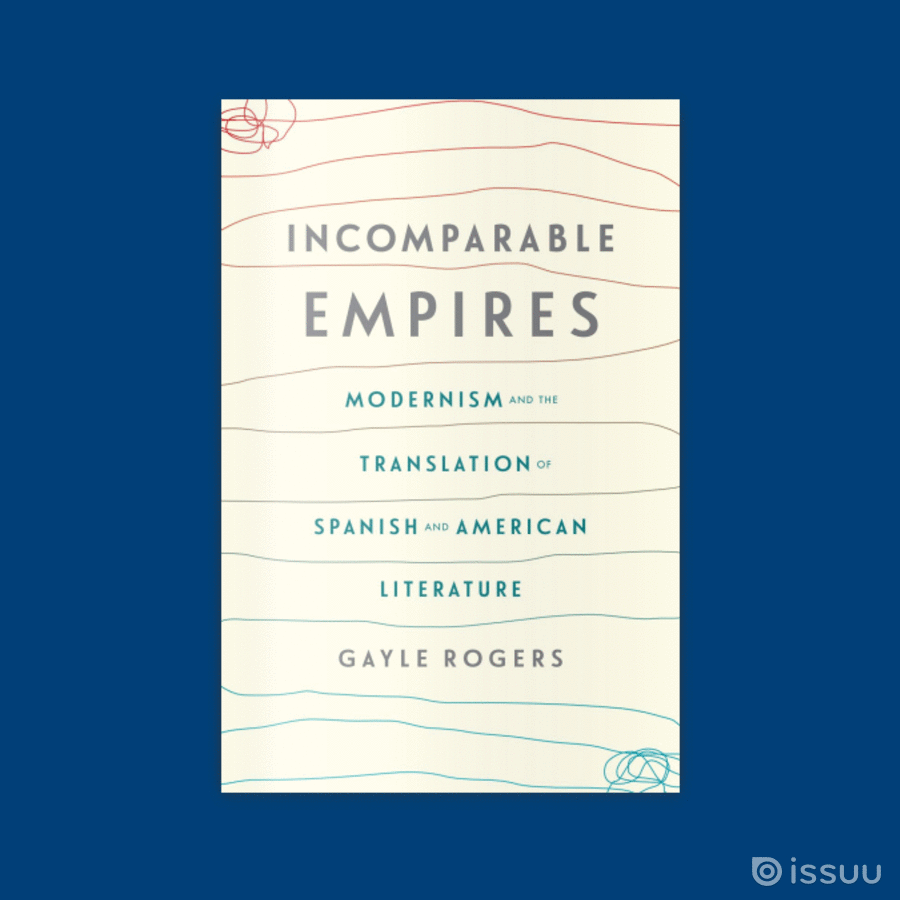Dismantling Hollywood’s Whiteness Problem
By Eithne Quinn

“Well-written, meticulously researched, critical, and smart, A Piece of the Action may be the most important book on black American cinema in the last quarter century. Enjoyable and highly informative, this book will quickly emerge as a classic and must-read among those interested in film history, black cinema, race and popular culture, and the sociology of culture.”
~S. Craig Watkins, author of Don’t Knock the Hustle: Young Creatives, Tech Ingenuity, and the Making of a New Innovation Economy
The 2020 Oscars are coming up this weekend and a quick glance through the nominees reveals that, as with past years, the vast majority of nominees are white. Eithne Quinn, author of A Piece of the Action: Race and Labor in Post–Civil Rights Hollywood, draws on her work to discuss the bias toward white men that continues in Hollywood today.
Enter our Black History Month drawing for a chance to win a copy of the book.
• • • • • •
Amid the often-self-serving acceptance speeches about social justice at film-industry awards ceremonies, Joaquin Phoenix’s statement on diversity at the 2020 BAFTAs (the British Academy of Film and Television Arts) stood out. Winning in the Leading Actor category for his role in Joker (Todd Phillips, 2019), he asserted: “It is the obligation of the people that have created and perpetuate and benefit from a system of oppression to be the ones to dismantle it.” This comment, about structural racism in the US and UK film industries, was triggered by this year’s awards season in which the nominees across a range of categories, including his own, were, once again, woefully white.
Drawing attention to such exclusionism provoked very different reactions from others in the industry. These included overtly racist views from emboldened white men in the age of Donald Trump and Boris Johnson. But perhaps equally pernicious is the way that industry progressives continue to normalize the status quo.
“Backward and Ignorant” Progressives
In response to criticism about the white overrepresentation among Oscar nominees when they were announced in January, the prominent novelist Stephen King, who gets to vote in three categories, tweeted: “I would never consider diversity in matters of art. Only quality. It seems to me that to do otherwise would be wrong” (14 January 2020).
He casts himself as benignly impartial in matters of art. Perhaps King feels he is speaking on behalf of the 86% white members of the Academy who vote on Oscar nominees, in a country in which white people represent only 60% of the overall population.
King’s tweet, though “liked” by more than 60,000 people, was immediately critiqued, generating significant media coverage. Filmmaker and writer Ava DuVernay was one of the most widely retweeted responders: “When you wake up, meditate, stretch, reach for your phone to check on the world and see a tweet from someone you admire that is so backward and ignorant, you want to go back to bed.”
“King’s tweet, though ‘liked’ by more than 60,000 people, was immediately critiqued, generating significant media coverage.”
The negative feedback spurred King to back-pedal somewhat, tweeting “you can’t win awards if you’re shut out of the game.” So, the negative reaction to his impromptu tweet perhaps led to some of the crucial self-reflection that is needed by all those who inhabit positions of normalized privilege. He further explained his position in a Washington Post op-ed that he penned later last month, constructed by most commentators as a row-back. In it, he apologizes that he “stepped over” a line with his comment in a discussion that has become “increasingly acrimonious.”
However, in this op-ed King nonetheless warned: “Judging anyone’s work by any other standard [than art] is insulting and – worse – it undermines those hard-won moments when excellence from a diverse source is rewarded (against, it seems, all the odds) by leaving such recognition vulnerable to being dismissed as politically correct.”
So, he reiterates the idea that there is just one appropriate standard in judging art, and goes on to identify a danger of too much “political correctness.” He fears that positive discrimination toward minorities risks being an “insult” to people of color. But who is actually enjoying positive discrimination in Hollywood? He seems unaware that decisions across the board are routinely loaded not toward minorities and women but toward white men.
Moreover, this bias toward white men in Hollywood’s employment and awards structures is not seen as a patronizing “insult” by them because they don’t recognize that it exists.
White Racial Resentment
As my new book A Piece of the Action: Race and Labor in Post-Civil Rights Hollywood shows, despite pervasive white bias, belief in and resentment about the idea of positive discrimination toward minorities is alive and well in the American film industry. It is particularly directed towards African American workers and it is shared by many who see themselves as racial liberals. This includes the likes of Stephen King who, likely, has no personal experience of giving up any privilege on account of positive discrimination toward minorities. As I chronicle, the roots of such anti-affirmative action feeling from whites lie in the immediate post-Civil Rights Act years of the 1960s and 1970s, a time of concerted effort to integrate Hollywood and when new images of blackness were emerging into mainstream American film culture.
“Despite pervasive white bias, belief in and resentment about the idea of positive discrimination toward minorities is alive and well in the American film industry.”
These efforts were quickly met with formidable forces of white industry backlash that shut down opportunity and largely locked out workers of color by the end of the 1970s. Yet, the idea of an unfair leg-up for minorities persisted in the white Hollywood imagination. It endures, as I explore, both in how the industry talks about itself and in film storytelling.
Stephen King’s field of writing is one of the most coveted, most significant, and most exclusionary of all in the industry. The 2019 Hollywood Diversity Report, which audits the top 200 theatrical film releases in the US each year, found that only 7.8 percent of them had writers of color. In his new book, media sociologist S. Craig Watkins calls this “hyper-exclusion.”
Far from a field of white writers so at pains to help minorities that they are in danger of condescending insult, as some imply, my research found the opposite in the present and in the past. Take the 1978 critically acclaimed film Blue Collar, directed by Paul Schrader and starring Richard Pryor and Harvey Keitel. My book details how the black story-creator Sydney Glass had his idea stolen by Schrader. Glass was finally granted his story credit only after he mounted a challenge against Paul and his co-writer brother Leonard, backed by the black caucus of the Writers Guild of America. The brothers relented only because “the guy had a gun to my head”, as Paul put it.
“Accounts of the lauded Hollywood Renaissance of the late 1960s and 1970s rarely recognize creative input from talent of color.“
Some film historians, I suggest, reproduce the well-meaning but white-normative perceptions that are prevalent in the industry. All too often, black creative input is discounted or even omitted in the historiography, as in the case of Glass’s purloined story. Accounts of the lauded Hollywood Renaissance of the late 1960s and 1970s rarely recognize creative input from talent of color. At the same time, black film culture of this period tends to be treated separately and all too often dismissively as “the blaxploitation era.”
This is why Joaquin Phoenix’s honest and self-implicating statement at the BAFTAs is important. “I think that we send a very clear message to people of color,” he continued, “that you’re not welcome here.” Rather than being too welcoming to the point of PC peril, the industry actually remains generally hostile. More such statements, accompanied by actions, are needed to discredit long-standing and self-serving industry beliefs about the objective and benign white self.
If you enjoy this post, make sure to enter our 2020 Black History Month giveaway for a chance to win a copy of A Piece of the Action.





